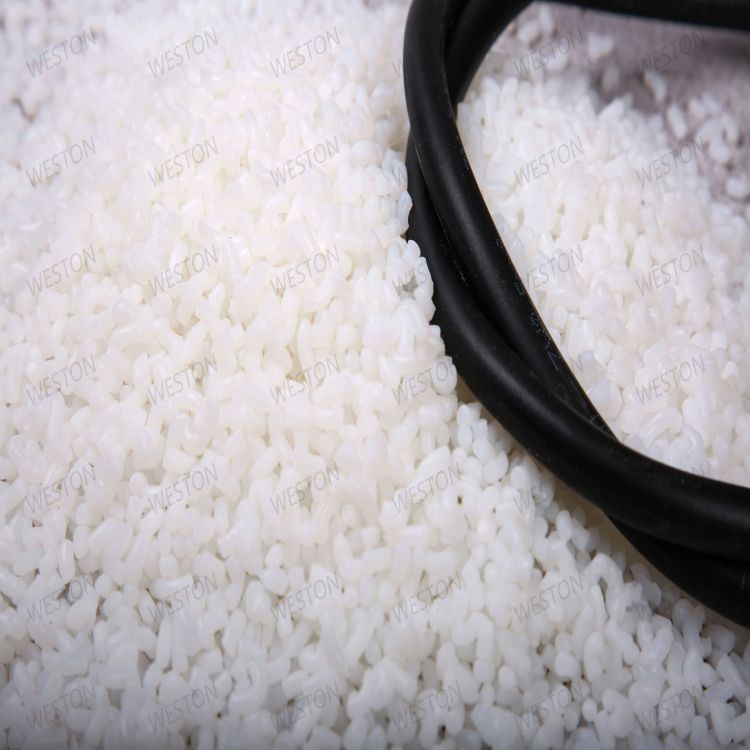-
Categories
-
Pharmaceutical Intermediates
-
Active Pharmaceutical Ingredients
-
Food Additives
- Industrial Coatings
- Agrochemicals
- Dyes and Pigments
- Surfactant
- Flavors and Fragrances
- Chemical Reagents
- Catalyst and Auxiliary
- Natural Products
- Inorganic Chemistry
-
Organic Chemistry
-
Biochemical Engineering
- Analytical Chemistry
- Cosmetic Ingredient
-
Pharmaceutical Intermediates
Promotion
ECHEMI Mall
Wholesale
Weekly Price
Exhibition
News
-
Trade Service
Recently, the team of Li Changzhi, a researcher in the Catalysis and New Materials Laboratory of the Dalian Institute of Chemical Physics, Chinese Academy of Sciences, and Zhang Tao, an academician of the Chinese Academy of Sciences, developed a one-step method to selectively aminate and depolymerize the most abundant β-O-4 structural fragments in lignin to produce benzylamine.
The new strategy has opened up the preparation route from real lignin raw materials to benzylamine
.
Lignin is the main component of plant biomass.
It is composed of phenylpropyl units connected by CO or CC bonds.
It is one of the most abundant renewable aromatic compound resources in nature
.
The development of simple and efficient conversion strategies to prepare aromatic amine compounds is of great significance for expanding the application fields of lignin and high-value conversion of biomass
The team developed a series of catalytic depolymerization strategies in the early stage to realize the directional conversion of lignin into phenols, aromatic hydrocarbons, aromatic ketones, cycloalkanes and other products (ACS Energy Lett.
, Chem.
Sci.
, ACS Catal.
, Chem.
Sci.
, Energy Environ.
Sci.
)
.
Since most lignin amination reactions are limited by the conversion of depolymerization monomers, for the β-O-4 fragments with the largest content in lignin, two steps are required to achieve their amination and depolymerization, and additional oxidants and Reducing agent, the overall efficiency of the reaction and the atomic economy are low
The one-step depolymerization strategy in this work uses a certain basic organic amine as the nitrogen source.
Under the action of the Pd/C catalyst, the β-O-4 structural fragments are continuously reacted in series in multiple steps to generate benzylamine.
The yield is Up to 98%
.
The scientific research team further uses lignin as a raw material to prepare benzylamine compounds: first, use the rhodium-based catalyst developed in the early stage to depolymerize lignin to obtain carbonyl-containing aromatic bio-oil (ACS Catal.
Relevant research results are titled Sustainable Production of Benzylamines from Lignin and published in "Germany Applied Chemistry"
.
The research work has been funded by the National Key Research and Development Program, the National Natural Science Foundation of China, the Chinese Academy of Sciences Strategic Leading Science and Technology Project (Class B) "The Nature and Regulation of Energy Chemical Conversion", and the Royal Society of Chemistry International Cooperation Project







